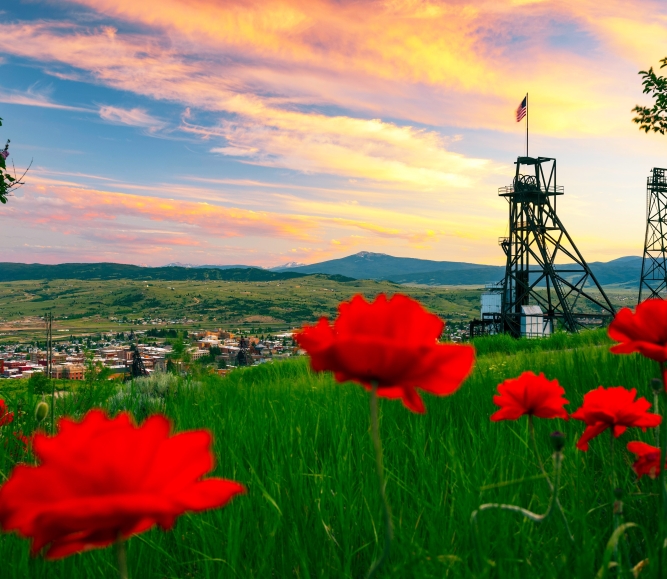Looking beyond economic assets to find your community’s 'sweet spot'
Author

Kasantha Moodley
Upcoming Events
Related News
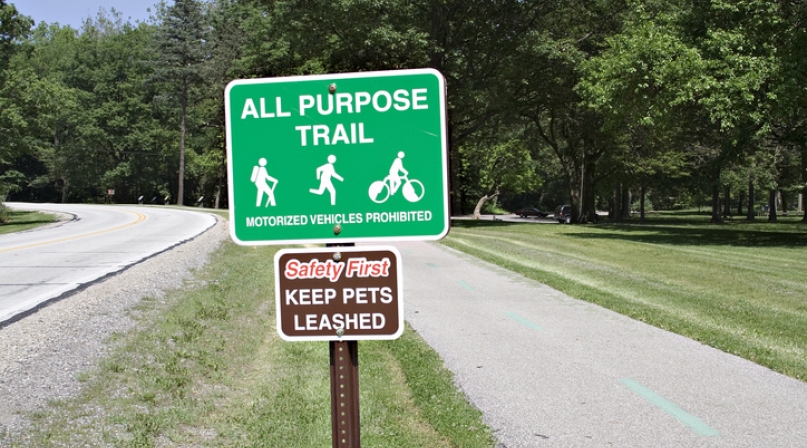
Key Takeaways
“Building a strong and resilient economy starts with creating a great community where people want to live and work.” This was the key takeaway of a study published by Community Builders, a non-profit organization specializing in creating more livable places in the American West. Community Builders Executive Director Clarke Anderson joined the BRECC National Network learning session held on March 23, to highlight the value of “Place.”
People are moving to better places, not for their ideal job but for their ideal community. Quality of life has become a key determinant in decisions about where to live, work, or start a business. This is a very real challenge for places and communities that are experiencing loss. Loss of businesses, loss of a talented workforce and ultimately loss of identity.
Place Value is an emerging approach to economic development that responds to changing market conditions. Anderson offered up a “place value framework that helps shape economies to support people and communities in the great places they live.” The place value framework emphasizes asset based economic development that leverages and enhances local place-based assets, amenities and resources (e.g., historic buildings, parks, arts and culture, etc.).
Anderson went on to highlight overarching place value strategies, including investing in place-based assets; strengthening local entrepreneurship; fostering a healthy community and workforce through services and developing the resources and capacity to act. “When we strengthen the value of place based assets, we can start building a bottoms up approach to economic development that works for the economy and the community,” said Anderson.
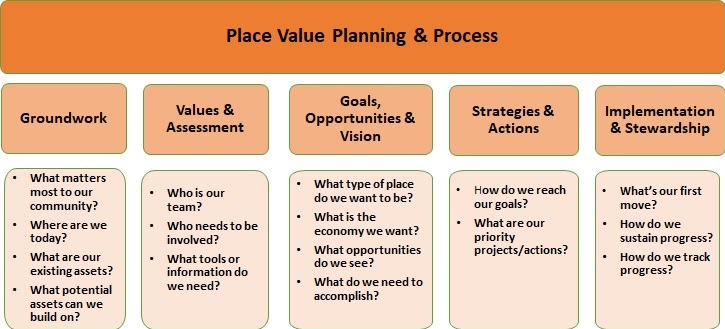
Source: Community Builders Network
Anderson’s framework was later applauded by Smithers, W.Va. Mayor Anne Cavelier and Montgomery, W.Va. Mayor Greg Ingram. Both mayors who had also joined the session spoke about their unique partnership that has resulted in “two sister cities working together as one community.”
Like many communities in West Virginia, Montgomery and Smithers have had to face significant economic loss. In 2017, West Virginia University Institute of Technology (WVU Tech) moved their entire campus from Montgomery to Beckley. Then, in 2019, the local high school in Smithers closed and jobs ended along with it. “Approximately $15.2 million of revenue was lost every year,” said Mayor Cavelier.
Both towns have since developed a Strategic Initiative Council that supports the sharing of resources. Community leaders and volunteers in both towns are also pitching in. A new farmers market, walking trail, murals, signage, and other small and large-scale improvement projects are giving visitors and residents more reasons to enjoy their time in both towns.
This is just one of many inspirational stories, where fearless community leaders are reimagining life and creating the “sweet spot” they call home.
Mayor Ingram ended off the session with “Keep your place, keep your identity.”
Related News
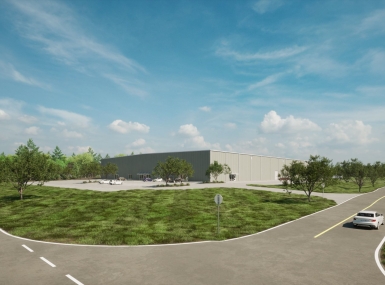
North Carolina county shell building program draws new businesses
Nash County, N.C. invites potential new businesses to see themselves and their operations in large shell buildings the county erects in its business parks.
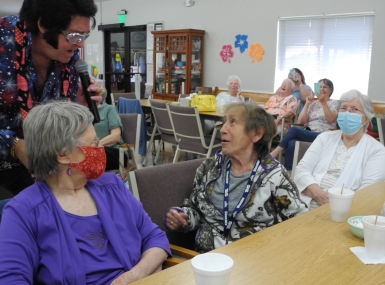
Large, small counties grapple with growth
New census data shows that nearly two-thirds of U.S. counties experienced population growth last year, with large counties accounting for most of the growth.
Featured Initiative
Building Resilient Economies in Coal Communities
The Building Resilient Economies in Coal Communities initiative connects coal communities, supports local leaders and builds capacity in under-resourced communities to advance new approaches and projects for economic diversification.
